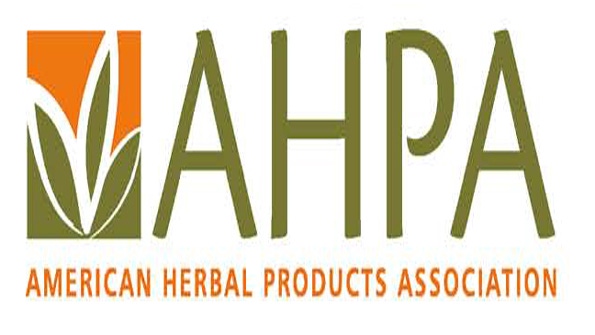AHPA advocates for additional changes in its nearly 100 pages of submitted comments regarding cGMPs, foreign supplier verification and more.
December 18, 2014

The American Herbal Products Association (AHPA) submitted another round of comments to the U.S. Food and Drug Administration (FDA) in response to supplemental notices of proposed rulemaking for the proposed regulatory language to implement portions of the Food Safety and Modernization Act (FSMA).
AHPA expresses support for some revisions and advocates for additional changes in its nearly 100 pages of comments submitted regarding revised proposed rules for Current Good Manufacturing Practice and Hazard Analysis and Risk-Based Preventative Controls for Human Food (GMP-HA/PC), Standards for the Growing, Harvesting, Packing, and Holding of Produce for Human Consumption (Produce Safety), and Foreign Supplier Verification Programs for Importers of Food for Humans and Animals (FSVP). To date, AHPA has submitted more than 400 pages of comments to FDA to regarding draft FSMA regulations.
"AHPA greatly appreciates that FDA accepted many of the industry's suggestions in the revised language and provided flexibility for industry to decide how best to adequately meet the requirements," said AHPA President Michael McGuffin. "In spite of numerous improvements to the proposed Rules between FDA's original notices of proposed rulemaking and the supplemental notices, AHPA still has significant concerns about certain revisions proposed in the supplemental notices."
In reviewing the revised regulatory language, AHPA observed that the clarity and readability of the proposed regulations are much improved compared to the earlier versions. However, AHPA noted that many issues previously identified in response to the original proposed Rules are not addressed in the supplemental notices. AHPA restates earlier comments to address issues not covered or affected by the supplemental notices.
AHPA expressed support for many provisions in the revised proposals, including those:
Broadening the definitions of "farm," "harvesting," "packing," and "holding" and providing additional examples
Narrowing the definition of "environmental pathogen"
Providing flexibility with respect to control and verification activities
Providing numerous areas of flexibility for supplier programs and the foreign supplier verification program
Providing flexibility for verification activities to be performed in case of hazards that may cause serious adverse health consequences or death to humans or animals and for the use of unapproved suppliers
Providing alternative verification activities with respect to suppliers that are qualified facilities and certain types of farms
Allowing an inspection by FDA or an officially recognized or equivalent food safety authority to substitute for an audit
Providing additional due process protections for a qualified facility before FDA would withdraw its exemption, and extension of the time allowed for such a facility to comply with an order withdrawing such exemption
Specifying that if an importer evaluates the known and reasonably foreseeable hazards in a food and determines that there are no significant hazards, the importer would not be required to determine what foreign supplier verification and related activities it should conduct and would not be required to conduct any such activities
Clarifying that importers will not be required to make full supplier audit reports available to FDA during inspections.
Among the many concerns highlighted in AHPA's comments is a general concern about confusing language. AHPA's membership includes many small companies that have few resources to dedicate to interpreting FDA regulations that are often confusing even for knowledgeable parties like lawyers, consultants, auditors, FDA inspectors, and very large companies.
AHPA therefore urges FDA to ensure the regulations are written in the clearest possible language. In particular, the language should enable firms to readily determine if they are subject to each Rule without having to hire consultants or lawyers, or having to wade through hundreds of pages of Preambles, policy documents, and guidance documents.
"The vast majority of entities affected by these Rules will be small or very small entities, so it is crucial that the Rule be written with their needs in mind." McGuffin said. "Definitions in the regulations should be written in clear, straightforward prose, capture the full range of activities normally performed on farms, and be self-contained and fully understandable without reference to information contained in any other documents, including preambles."

You May Also Like


